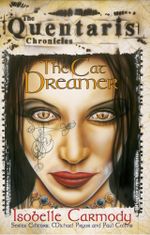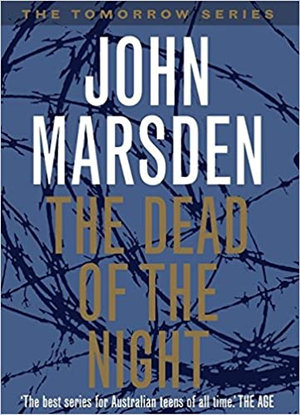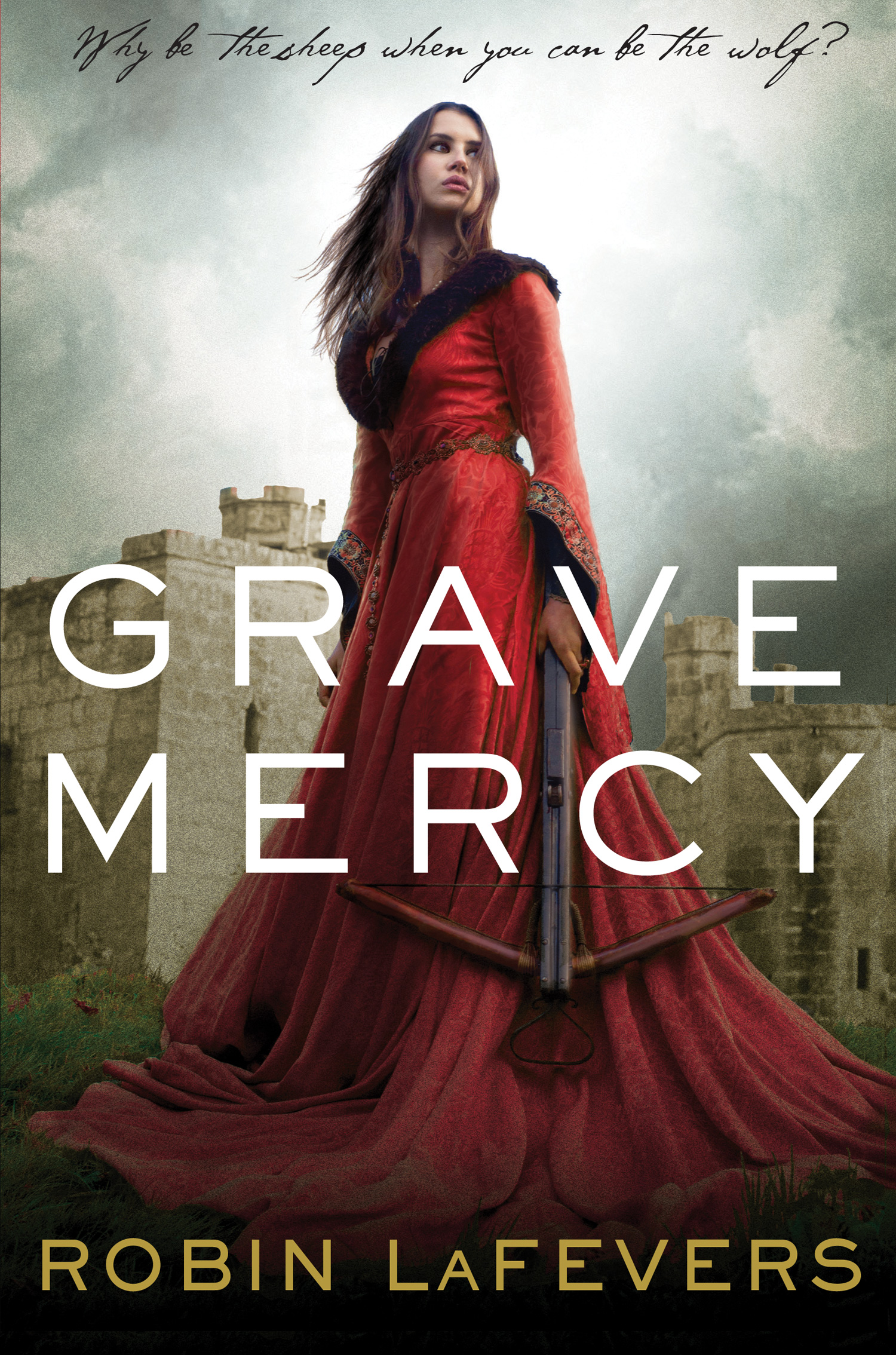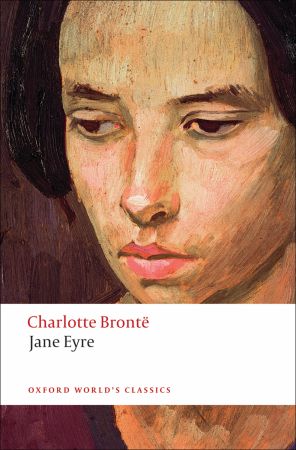“Dizem
por aí, e eu concordo plenamente; a melhor maneira de ser feliz com alguém é
aprender a ser feliz sozinho. Daí a companhia será questão de escola, e não de
necessidade”
 O livro, De
Volta aos Quinzes por Bruna Vieira é o primeiro da triologia do Meu Primeiro Blog. A história é sobre
uma mulher - chamada Anita - de 30 anos que estava muito infeliz com a vida,
sobretudo estava infeliz com o trabalho,
O livro, De
Volta aos Quinzes por Bruna Vieira é o primeiro da triologia do Meu Primeiro Blog. A história é sobre
uma mulher - chamada Anita - de 30 anos que estava muito infeliz com a vida,
sobretudo estava infeliz com o trabalho,
Vou começar dizendo que eu amei este livro! Eu
li o livro inteirinho em apenas um dia e meio. O que me deixou mais
impressionada foi o quanto Bruna já conseguiu com só 19 anos. Saber isso, me
deixou inspirada para seguir os meus próprios sonhos. Voltando ao livro, eu
sempre adoro livros que lidam com a idéia
de trocar de corpo ou, come neste caso, trocar de idade. Histórias assim
sempre são muito engraçadas, são um jeito interessante de escrever críticas da
sociedade e ensinar bons valores para o leitor. Fazer a Anita voltar aos 15
anos várias vezes, mesmo depois de ter aprendindo uma lição foi um jeito muito
bom de botar uma novidade em uma idéa velha.


















